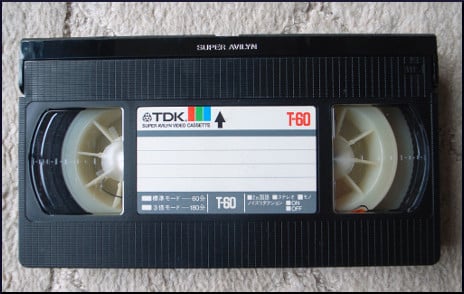
John McC’s “What Works” is a a thoroughly imposing resource, a comprehensive page with categories and subcategories. It begins with by linking to a list of what the author calls “sane, evidence-based methods and support groups.”
This branches off into information on an astonishing number of programs that are not Alcoholics Anonymous, and several online forums for proponents of the various alternatives. One link leads to the compiler’s list of nearly 30 informative books about addiction and 12-step programs. Another leads to a letter describing some of the author’s answers to questions from the public about what worked for him.
Some of the tools he used were absolute determination, realistic thinking, and refusal to compromise or settle for halfway measures. He also lays down hard and fast rules:
Just don’t take that first drink, not ever, no matter what.
That is the answer to all questions about drinking, or “just having one”.
Play the tape to the end.
Don’t just think about the next hour or two, and how much fun a little drinking may be. Play the tape all the way to the end, and see the full-blown relapse and re-addiction and sickness and shame and poverty, and how disappointed you will feel with yourself, and how hard it will be to quit again…
Failure is not an option!
Conceivably, “Play the tape to the end” might work for some teenagers, but most kids that age simply don’t have enough horsepower under the hood to envision a terrible future. One symptom of youth is the inability to believe that disability or death wait on the horizon. There are no doubt other valid psychological reasons to avoid this one, where kids are concerned.
What convinced John McC to quit drinking is described in another of his letters to people looking for help. During his homeless period, a doctor told him to stop or die.
“And somehow,” he says,”that convinced me to quit drinking.” After three sober months he felt worse, but only because his mind cleared up enough to realize how sick he was. That epiphany pushed him into resolving to stay sober for three years, and see how that felt. (Turns out, good enough to want it forever.)
Again, the “You’re going to die” method is probably inappropriate for adolescents. But this information is useful, about how recovery seems to happen in two phases:
In phase one, you just fight to get unaddicted, to go through the pain and discomfort and disorientation of withdrawal, and to get out of the habit and lifestyle of routine consumption of something addicting.
In phase two, the mind games start. That little voice in your head starts whispering, “Oh, it’s been so long since we’ve had one. We’ve got a handle on it now. We’ve got it under control. Just one will be okay now.”
If you believe that addictive voice for a minute you are screwed.
Also available are essays on “The magic moment of quitting,” “How to avoid relapsing,” “Learn to set your intention,” “Dealing with recovery depression,” “Managing anger,” and more.
The ideas that John McC shares are not just his own. There are more than 30 links to the experiences, suggestions and advice shared by others. It would take a great deal of study to conceptualize how most of this great information could translate into help for children and teenagers. One recommendation is to follow Louise Hay’s “Ten Steps to Loving Yourself,” which is quite suitable for teens and even bright children.
Your responses and feedback are welcome!
Source: “What Works,” orange-papers.org, undated
Source: “Sensible Evidence-based Recovery and Support Groups,” Orange-papers.org, undated
Source: “Letters, We Get Mail, CXCI,” orange-papers.org, 2010
Photo credit: matsuyuki via Visualhunt.com/CC BY-SA.

 FAQs and Media Requests:
FAQs and Media Requests: 











